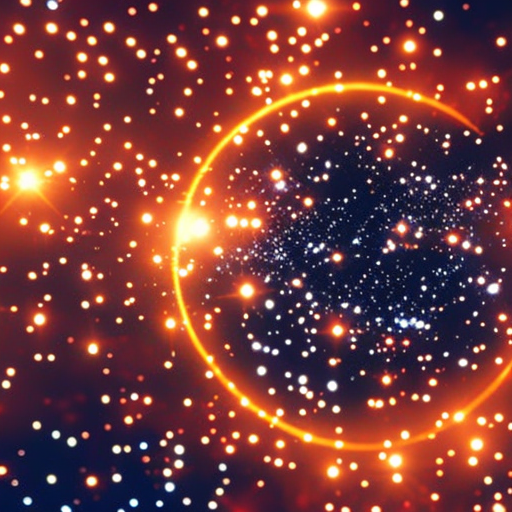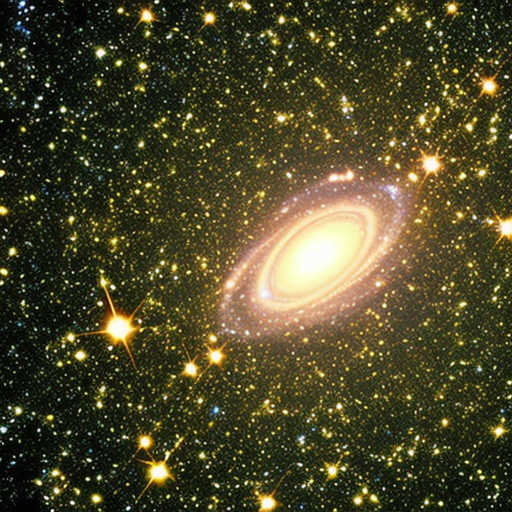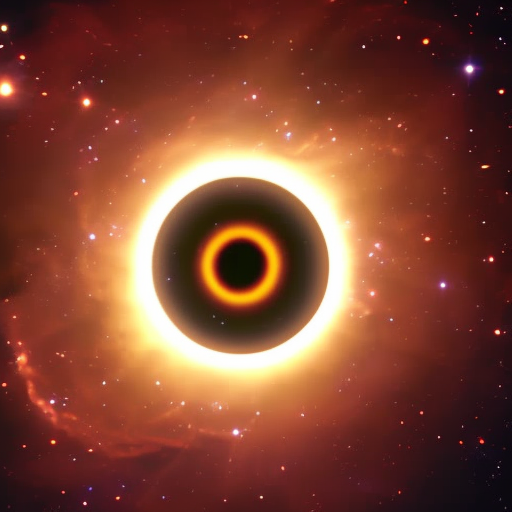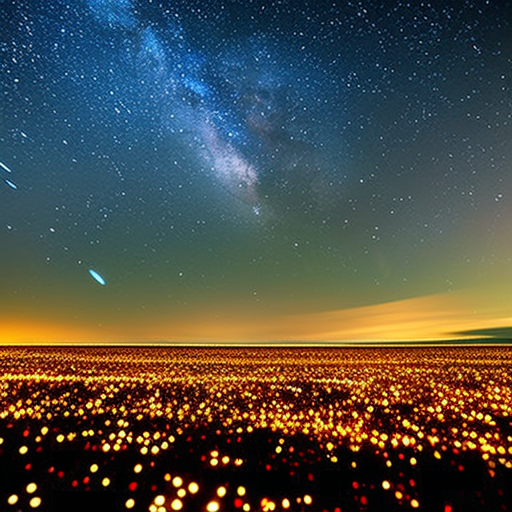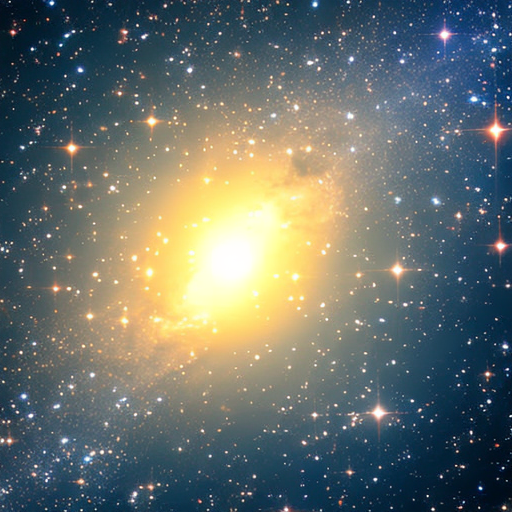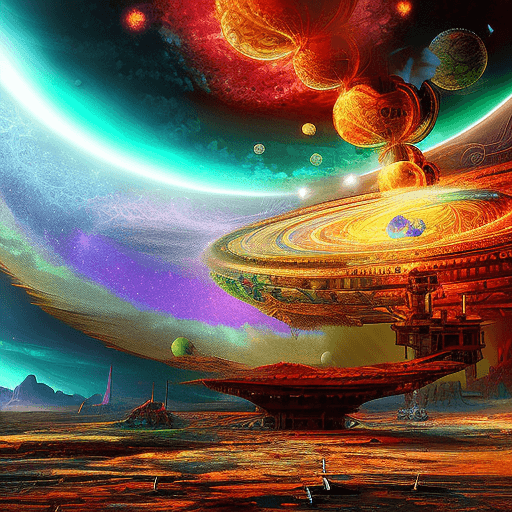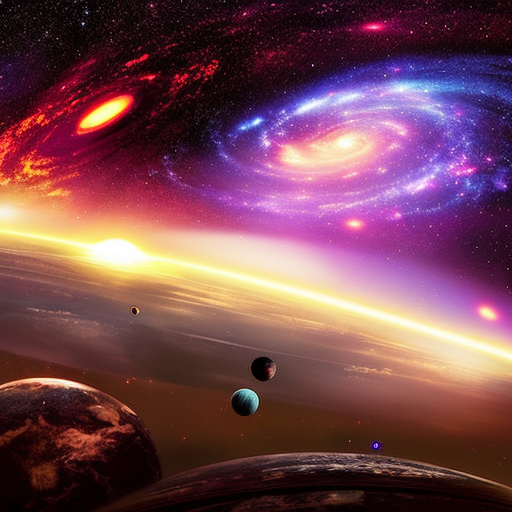Planetary science is the study of planets, moons, and other celestial bodies in our solar system and beyond.
Stellar Evolution Explained
Stellar evolution is the study of how stars change and evolve over time.
Dark Energy Explained
Dark energy is a mysterious force that is believed to be responsible for the accelerating expansion of the universe.
Black Holes Explained
Black holes are mysterious cosmic objects with extremely strong gravitational forces that trap everything, including light.
Exoplanets Discovery Explained
Exoplanet discovery refers to the identification and study of planets outside our solar system, expanding our understanding of the universe and the potential for extraterrestrial life.
Supernovae Explained
Supernovae are powerful stellar explosions that release immense amounts of energy and play a crucial role in the formation of elements and the evolution of the universe.
A Short History of Nearly Everything Summary
‘A Short History of Nearly Everything’ by Bill Bryson is a captivating exploration of the scientific discoveries and mysteries that have shaped our understanding of the universe.
Space Telescopes Explained
Space telescopes are advanced astronomical instruments that are launched into space to observe celestial objects and phenomena with greater clarity and precision than ground-based telescopes.
Astrophysics for People in a Hurry Summary
‘Astrophysics for People in a Hurry’ by Neil deGrasse Tyson offers a concise and accessible exploration of the vast universe for those with limited time.
Cosmos Summary
‘Cosmos’ by Carl Sagan is a captivating exploration of the universe, blending science, philosophy, and wonder to inspire a sense of awe and curiosity.
Nightfall Summary
‘Nightfall’ by Isaac Asimov explores the consequences of a planet that experiences darkness only once every 2,049 years.










